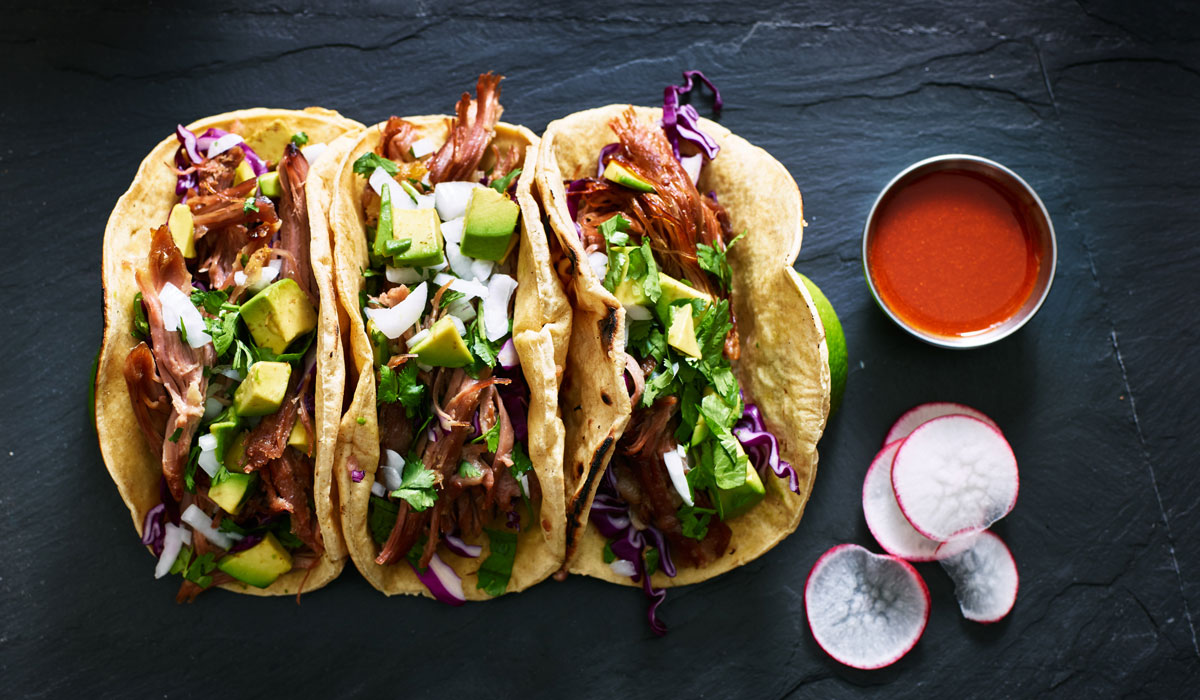Franchised restaurants often do extremely well. The welcome sign of a recognizable and trusted brand can be the determining factor when choosing where to eat. Plus, the franchised restaurant allows those who wish to be self-starters in business the chance to flex these muscles within the relative safety of the recognized franchise and its associations.
For the independent restaurant that is doing well, franchising out to other cities and states could be an option. But how do you go about starting a franchising program for your restaurant?
How can franchise success be measured?
The main way of measuring the success of a franchise is through sales and footfall. By analyzing how many people are eating at your franchised restaurant, you can determine how much profit you are making and therefore how financially successful you are. Customer satisfaction is another proven benchmark of success, with some brands dominating both word-of-mouth and social media recommendations and others being the name synonymous with a certain type of cuisine.
Another way of measuring the success of a franchise is through the value of the company’s stocks and shares and its overall movement on the markets. Stocks and shares of major restaurant chains that are floated on the stock exchange, such as McDonald’s or Domino’s Pizza, show how well the company is doing based on how much their stock is being sold for. Major brand coups result in stock prices increasing, while any negative coverage usually means a fall in share prices. This can indicate a company’s progress against competitors, the overall state of the economy, and the liquidity of certain sectors.
The best indicator of franchise success remains brand recognition, especially for brands that you may not have even realized were franchises. Most of these are the kind of restaurant where you accept that the service and food will be the same across the board.
Advantages and disadvantages of franchising your restaurant
Adding another location to a well-liked and successful brand could attract a wider range of talent to help manage your business. Placing your business in someone else’s hands could give a better perspective and allow more ideas to come in that could benefit you. If you are onto a winner, franchising can be a good way to grow your company’s capital as each franchisee will pay a fee. The growth risk to franchising is also considered to be minimal compared to other strategies of growth, especially if you have a good business model that brings in the revenue. However, not all restaurants are able to be franchised. Some may not work well in other locations due to the audience, the dilution of what your brand is or because you are limited in control of the franchisee. Franchisees may not work as well together as the equivalent level managers in other businesses. For instance, a costly marketing campaign for one franchisee will have a beneficial effect for those who haven’t paid for it. Franchisees aren’t bound to take on all your ideas or products, which could stifle innovation and limit your reach.
How to maintain restaurant quality in a franchise
One of the major issues with franchising an independent restaurant is in maintaining what makes the independent restaurant unique. This could be gimmicks that are unique to you, such as the peanuts in Five Guys, the latest tech and convenience such as ordering machines and Wi-Fi in McDonald’s, the customer service level that is maintained to a high degree, such as experienced by the dramatic improvement of customer service at Red Lobster or even just the secret recipe in the food, made famous by KFC, which worked well as a franchise outside of Kentucky. Finding what makes your restaurant unique and what makes your current customers happy is the first step. By isolating your niche, you can decide whether a franchise may be a suitable endeavor, especially if what makes you special can be replicated in other restaurants without diluting the quality.
Franchising your restaurant can be a daunting yet rewarding step. It can definitely provide the growth your business needs, but it doesn’t come without risks. For any restaurant that feels they can gain more, franchising could be something to look into, especially if your concept, menu, or service could be easily replicated without losing what makes you special.








